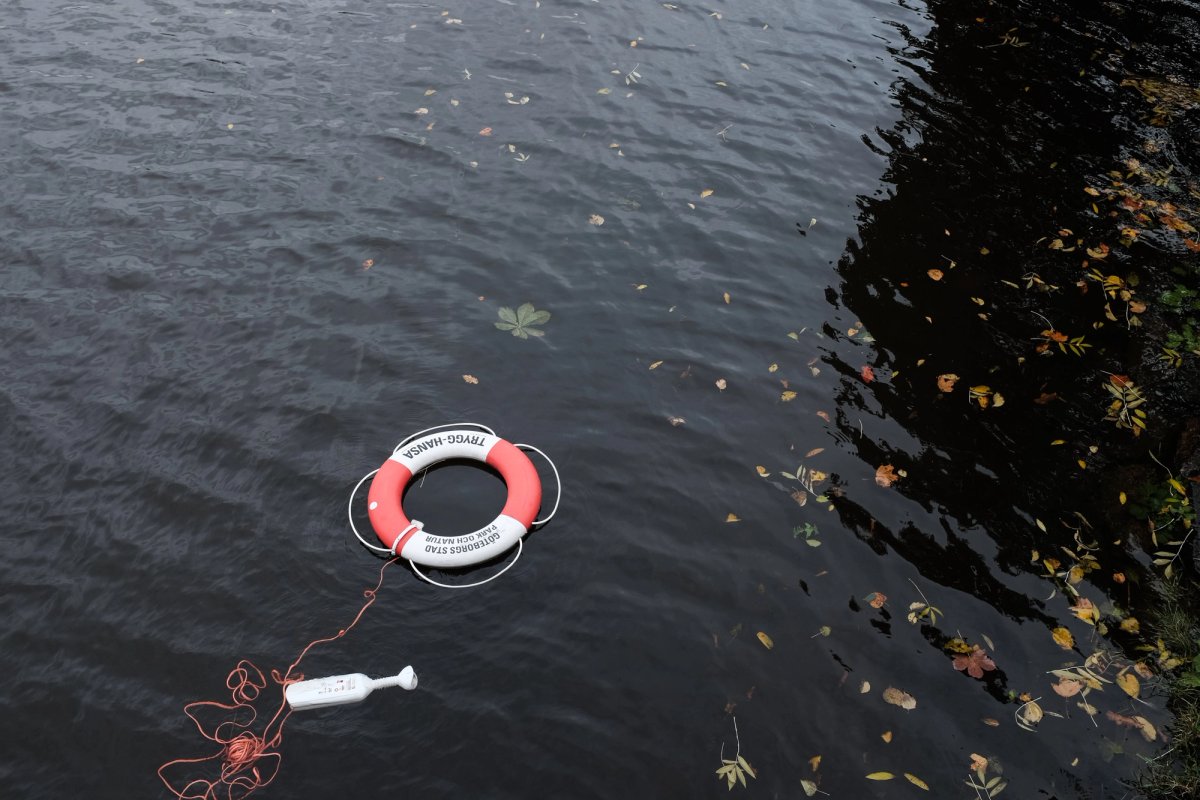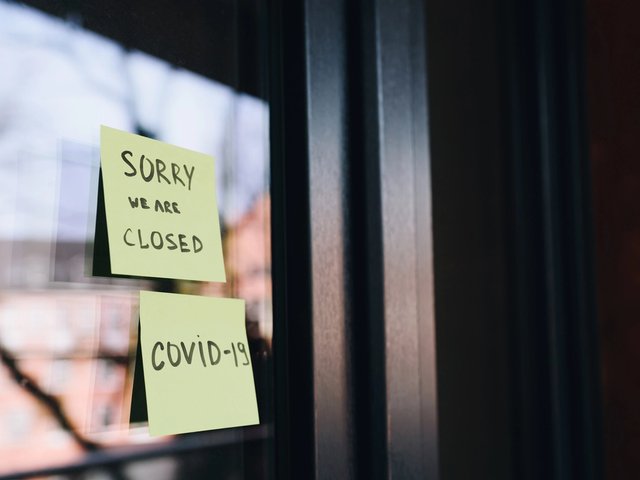UK art organisations are preparing to file a class-action lawsuit against insurers, accusing them of failing to pay out as the coronavirus disease (Covid-19) continues to decimate their incomes. The group of more than 50 claimants—none of whom wanted to be named—includes major contemporary art galleries, museums and sole traders, with claims ranging from around £50,000 to £35m.
Many insurers have rebutted business interruption (BI) claims during the pandemic, saying that the virus is not covered by their policies. But after Covid-19 became a notifiable disease on 5 March, a number of policies were triggered that provided cover for “notifiable human contagious or infectious disease”, according to Rudy Capildeo, a partner at the law firm Charles Russell Speechlys, which is handling the action. As more frustrated clients approached the firm for advice, the law firm decided to initiate a “no win, no fee” class action. The firm is currently advising several art world clients on insolvency and restructuring, which Capildeo fears “may snowball if urgent cash resource [such as an insurance pay-out] is not freed up”.
A London-based art dealer involved in the action says: “We were very disappointed to be told by our insurer that this pandemic was not anticipated by the policy, that there were general exclusions that worked against us and so the policy would not respond.
“To be told vital cash flow from a resource on which you thought you could rely was no longer available could now severely hinder our route to survival. I know I am not the only business having these sleepless nights and it seems remarkable that, having shown years of loyalty paying expensive premiums, our insurer refuses to recognise these unprecedented times and support the businesses that have helped keep their balance sheets so profitable.”
Caro Howell, the director of the Foundling Museum in London, which is currently looking into its own business interruption claim, says: “This collaborative approach offers a potentially invaluable route for the museums and heritage sector, particularly for independent museums who rely heavily on commercial activities such as venue hire and retail. For organisations like ours, whose trading income has been decimated by the pandemic, the possibility of an insurance claim could offer a valuable lifeline.”
The majority of the claimants are insured by Axa and Hiscox. Responding to the allegations of the action, a spokeswoman for Axa says: “It is our policy not to comment on clients or potential litigation matters”; while a Hiscox spokeswoman says: “We understand these are incredibly difficult times for businesses and we are paying claims that are covered by the policies we issue, including customers in the art space, fairly and quickly. Where the application of a policy is disputed, our focus is on helping to provide customers with greater certainty. A fair and fast resolution is in everybody’s interests, which is why we will work with the UK insurance industry, our regulators and customers to seek an expedited resolution through the range of existing independent mechanisms.”
Although lockdown in the UK is beginning to ease, many art businesses are in dire financial straits. Galleries in the UK are expecting to lose an average of 79% of their annual revenue due to the Covid-19 pandemic, according to a survey conducted in April by The Art Newspaper and the economist Rachel Pownall. Globally, around a third of galleries do not expect to survive the crisis. Museums are also facing an enormous financial shortfall, with the closure of venues, bars and restaurants having led to a catastrophic loss of income. Securing an insurance payout could be crucial to their survival of the crisis.
Other law firms contacted by The Art Newspaper say they are also considering launching legal action over unpaid claims on behalf of their art clients. Filippo Guerrini-Maraldi, the chairman of the insurance broker RK Harrison, which is the fine art division of the Howden Broking Group, says that disputes over BI cover is “a hot topic”, but policies and their wording mean that not all who hold BI insurance (which is an add-on to most policies) will have a claim. Guerrini-Maraldi is currently working with three clients who have strong claims, he says, and three who have a “grey area of potential cover”. But, he adds, “the majority of UK art dealers do not have cover for communicable disease”.
The wave of new litigation comes after the UK’s financial watchdog, the Financial Conduct Authority (FCA), took to the courts to clarify the BI insurance rights of firms whose trading has been interrupted due to Covid-19. Meanwhile, another law firm, Mishcon de Reya, has launched the Hiscox Action Group with more than 500 claims against the insurer, predominantly from the retail and hospitality sector but some arts centres and local museums are also involved.
Even if the FCA succeeds in gaining a clarification in court that favours some insured, this will simply unlock the first door, Capildeo says: “Claimants will then be met with at least one to two further hurdles where they will need to argue the calculation of their losses and that the losses were attributable to the pandemic.” The process will take “weeks, potentially months”, he says, therefore art businesses should “run their own claims concurrently with the FCA’s to ensure they’re not at the back of the queue when the ruling is made”.



